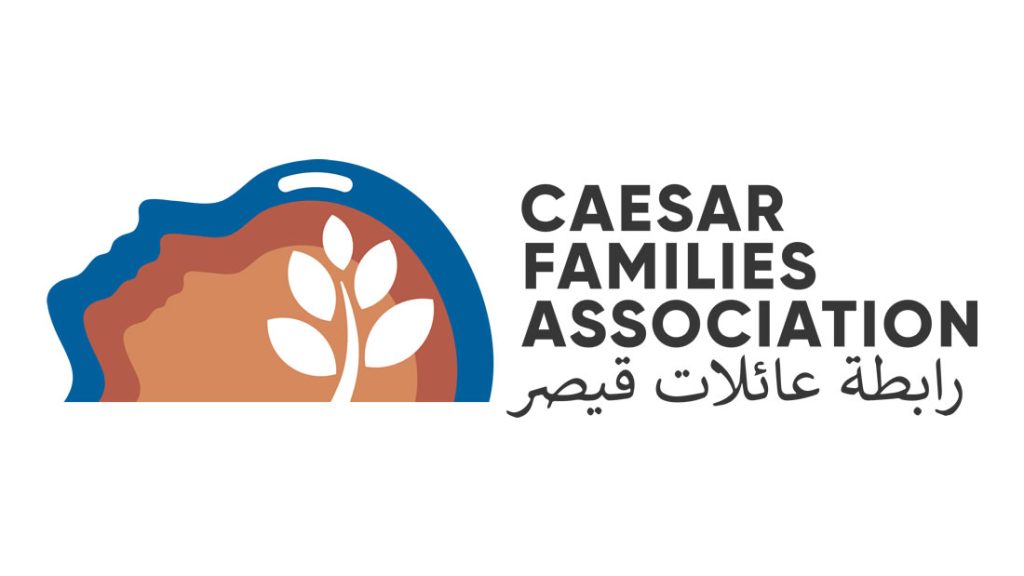Legal corner
OUR EFFORTS
We are working with our partners to enhance the participation of families in the legal actions taken against perpetrators of human rights violations that happened in Syria. We work with them to establish responsibility and seek justice to ourselves as families and our loved ones who fell victims of these violations.
Currently, we are working with the support of our partner organizations to establish accountability through Universal Jurisdiction channels, while fighting for the future to establish justice through a Syria-specific court.
We are also working to support the efforts of the IIIM in achieving its mandate which seeks to support accountability processes aimed at bringing about justice for the victims of serious international crimes committed in Syria since March 2011.

Important definitions
VICTIMS ASSOCIATIONS
“Torture” means any act by which severe pain or suffering, whether physical or mental, is intentionally inflicted on a person for such purposes as obtaining from him or a third person information or a confession, punishing him for an act he or a third person has committed or is suspected of having committed, or intimidating or coercing him or a third person, or for any reason based on discrimination of any kind, when such pain or suffering is inflicted by or at the instigation of or with the consent or acquiescence of a public official or other person acting in an official capacity. It does not include pain or suffering arising only from, inherent in or incidental to lawful sanctions.
ENFORCED DISAPPEARANCE
“Enforced disappearance” is considered to be the arrest, detention, abduction or any other form of deprivation of liberty by agents of the State or by persons or groups of persons acting with the authorization, support or acquiescence of the State, followed by a refusal to acknowledge the deprivation of liberty or by concealment of the fate or whereabouts of the disappeared person, which place such a person outside the protection of the law.
Rights and responsibilities
Under international law, persons missing in conflict or during internal violence have various rights:
- Fundamental rights that have to be respected by everyone and in all circumstances.
- The rights of persons arrested or in detention, and their relatives.
- The rights of the Missing.
- The rights of the relatives of the Missing.
The authorities are responsible for respecting, enacting, and implementing the laws that protect these rights. These rights are to be found in various bodies of law that complement one another and are to be applied both during war and in times of peace.
Transitional justice and the Missing
Transitional justice is a response to systematic or widespread violations of human rights and humanitarian law. It places victims at the centre of the process and seeks recognition for them. Transitional justice includes a number of processes that aim to heal the wounds of the past and help societies to move towards peace and reconciliation by, inter alia:
- Seeking the truth;
- Providing reparations;
- Establishing responsibility (including criminal).


